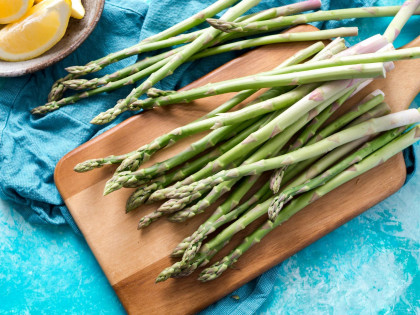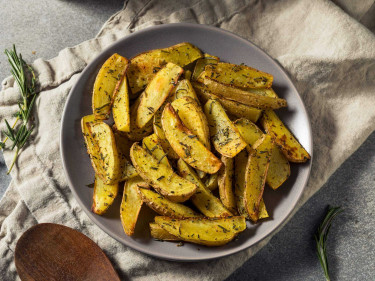Serves = 4
- 1 eggplant, sliced
- 2 zucchini, sliced
- 2 red onion, sliced
- 1 yellow capsicum , remove core and seeds
- 1/4 cup extra virgin olive oil
- 1 lime, juice and zest
- 1 tsp cumin
- 8 crisp lettuce leaves such as cos or iceberg, washed, keep leaves whole
- 1 avocado, stone and skin removed, slice the flesh
- 1x 400g can chickpeas
- 180g rolled oats
- 2 tablespoons peanut butter
- 1 clove garlic, crushed











